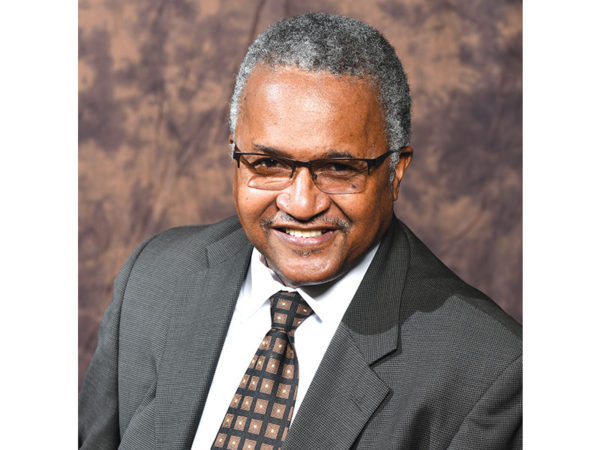The cornerstone of democracy is representation, where elected officials act as the voice of their constituents. Recent remarks by Councilwoman Kema Dawson of the Monroe City Council’s 5th District have sparked debate over the balance between personal beliefs and the duty to represent constituent views.
At a public forum, Dawson boldly announced to her district critics, “I will not be bullied,” in response to constituent feedback.
Her defiant statement reveals a concerning perspective on her role as a council representative of over 5,000 mostly African-American people on the council.
Dawson’s stance is alarming, especially given her history of decisions that overlook the desires of her district, such as her support for a redistricting map last year against the advice of local leaders, organizations, and constituents. Not a single resident of her district appeared before the council to endorse her support. She looked them all in the face and, without comment, ignored them.
This approach not only ignores the principle that officials should reflect the community’s will, but also portrays public engagement as adversarial.
Representative government relies on transparency and dialogue. Officials must explain their decisions, particularly when they diverge from public opinion. Silencing or dismissing dissent, as Dawson has been accused of doing, contradicts the essence of open government.
Her colleagues, who have demonstrated a commitment to aligning their actions with the wishes of their constituents, serve as models of effective representation. They understand that democracy thrives on the collective, not the individual. More than once, we have seen several of them reverse course on a planned action after they hear from their district. Often, they explained that they had to keep a pledge to represent the people, not their own opinion.
Moving forward, it’s crucial for Dawson and other elected officials to remember that their role is to serve the community’s interests, not their own.
True representation means creating a democracy that listens to, respects and acts upon the voices of all its people.
The worst thing a politician can do is ask the public for input and then characterize their passionate input as “bullying.”


